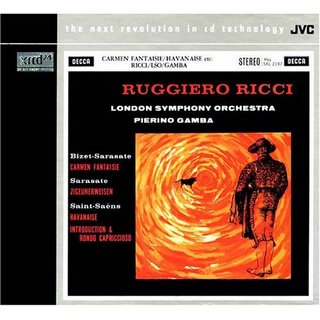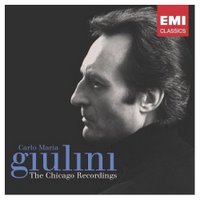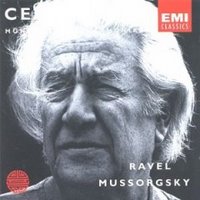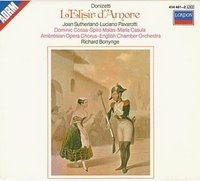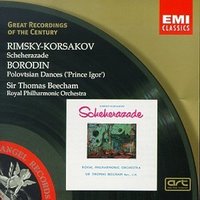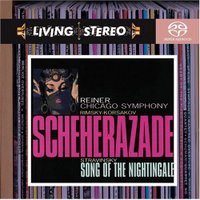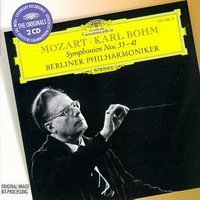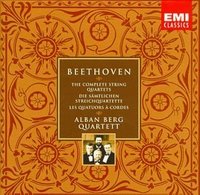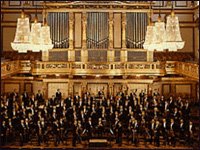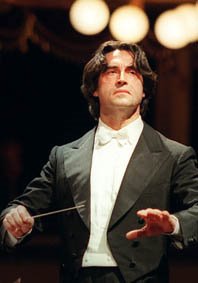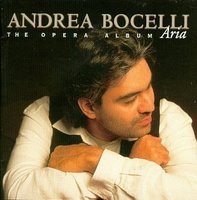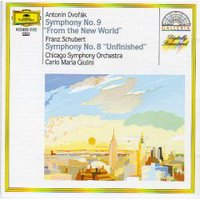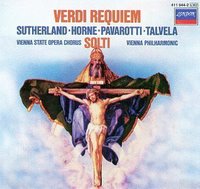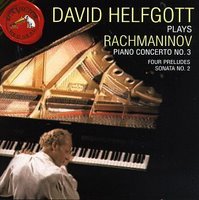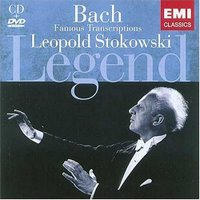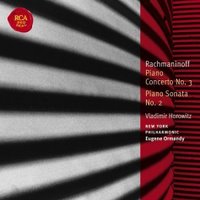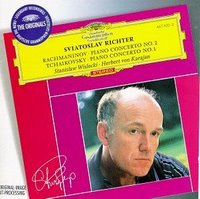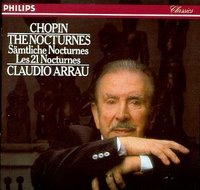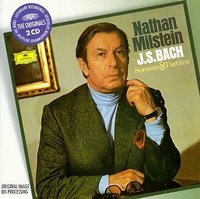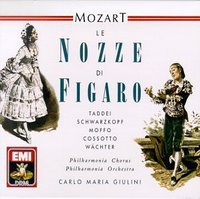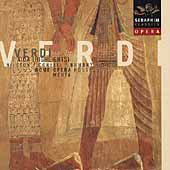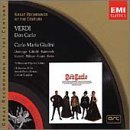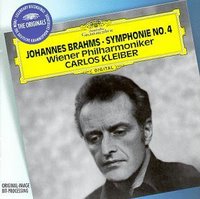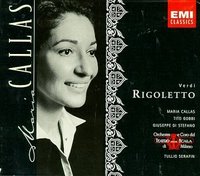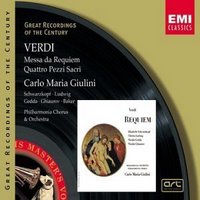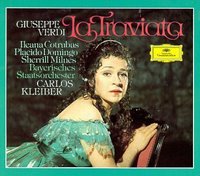
It's not often that things like this opera production happen. There are couple of reasons that make this an historical monument of the recorded music. First is that makes us witnesses to the efervescent period after the WWII. People that felt that are the executors of the testaments of the musical geniuses of the world dedicated their creative power entirely to bringing the great creations of humanity to life. Furthermore it's the video document of Wilhelm Furtwangler and his creative power couple of months before his death. Last but not least is the unique occasion of seeing together arguably the best generation of Mozart interpreters. And all in one of the first, certainly the best, video opera recordings.
As music is the main interest of this blog I will try to get to it right after I mention couple of things about the stage production itself. It is the best I've seen. The set design, the costumes, the lights are all put into place with exquisite detail and attention to the creation of the best environment for some of the greatest music ever composed. Every scene of the opera takes place in an inspiring set. Everything culminates in the scene of Don Giovanni's punishment where a nice, happy dinner place transforms into the gates of hell with flames and haunted souls that swallow the sinful Don.
The cast is as close to perfect as it could be. In the title role you have Cesare Siepi who has to be the greatest Don ever. I haven't heard Pinza in this role but what a character Siepi portrays and to what unbelievable level. He doesn't act, he just is Don Giovanni. You have to see to believe the level of self-confidence, his unthoutful escapades into the lifes of others. Served by an amazing vocal instrument, in beautiful shape, Siepi lives every heart beat of the Don. He creates with exquisite detail the most subtle nuances of his character experiences, from the rude and mean behavior towards his servant (Leporello) to the devious sweetness he calls Elvira's maid with ('Deh, vieni alla finestra') all the way to the fearful defiance of the Commendatore's statue, in his last scene. An unique performance hardly to be bettered by anyone in any era.
It is a difficult job to partner such a powerful Don, yet this production offers an excellent match in Otto Edelmann. Great voice, great actor and a perfect scenic presence, Otto Edelmann creates a very believable and likeable Leporello, proud of his master yet quite unsatisfied with his over the edge life, not so innocent yet not strong enough to escape, with a lot of humour, a very fine companion of Don Giovanni indeed. The other two male characters are also excellent with a plus for very nice stage performance for Walter Berry in the role of Masetto. Anton Dermota's Don Ottavio excels in nobility and fortunately enough his stage appearances do not involve excessive acting. But he sings heavenly and for me it's the most rewarding tenor part in all the Mozart operas I've heard so far. Walter Berry makes Masetto a key character of the opera, one you'll remember and you'll like throughout. A very compelling evidence for what will be a leading figure of German artists.
The ladies are as good. Elisabeth Grummer is a very convincing Donna Anna. Her pain and dispair in the face her father's tragic death and her relentless pursuit of an impossible peace are portryed with dignity in a very convincing manner. Lisa della Casa manages to draw a beautiful image of an elegant and sincere Donna Elvira who lives the drama of loving the Don. She sings heavenly and everything falls in place with such veridity. Finally, Erna Berger, recreates Zerlina, the country girl. Again the character comes to life so real, in flawless music and voice. Her duet with Don Giovanni is one of the highlights of the opera ('La ci darem la mano') and alongside Walter Berry's Masetto they create a most lovable couple.
Above all we recognize and bow with the deepest respect and admiration in the face of the creative genius of the greatest conductor of the last century, Wilhelm Furtwangler. He is the will and the driving force behind it all. He manages to build perfect sonic architecture with his lengedary sense of musical drama. He conducts the Vienna Philharmonic to heights of musical expresivity (and they respond, to their praise, admirably) and builds the sound stage for the soloists. Everything is so right (I hope by now you agree with me that speed cannot be a measure for good music), makes so much sense and the balance between the orchestra and the voices is kept perfectly. You can almost see his enlightning influence in every phrase, at every moment of the opera. Another remarkable achivement from the great man.
Last but not least I have to appreciate the technical achievement that took place with the production of this opera. For the year 1954 everything is great. The sound is an excellent mono, the colors are vivid, the stage lightning is captured to full effect, everything copes with the sense of an unique event. A sincere and well-deserved bravo to the whole technical team.
You owe to yourself to see this. I didn't see enough to say this is the greatest opera dvd ever, but it certainly is there in the Pantheon, both as production and music. And what music this is!!!!
 For those of you that are not completely familiar with the subject of the paper I will try to give you a flavor of these exquisite instruments. Both violin makers families, as more than just one member was in this business, built their instruments in the second half of the seventeen and the first decades of the eighteen centuries. Both learned the art of violin making from Nicolo Amati yet, most importantly, both tried to create better instruments. And while they did that they created instruments with a very particular sound. At least for me the Guarneri is unsurpassed in the way it produces the high end of the spectrum. Not only is it full bodied and tonally perfect but is also sweet and almost form a different world. Here I definitely prefer it over Stradivari. At the middle of the spectrum Stradivari comes ahead. The amount of tone and its beauty are above any other instrument. It is rich and manages to bring out all the saps of the earth. Don't get me wrong, Guarneri is close and both are far away from any competition. It is just that here Stradivari reaches the absolute. At the lower end of the spectrum it is extremely difficult to set them apart and is just a matter of the hands they're in and your personal preferences. Sometimes I hear the Guarneri a little more "polished" and more "human" if you want. Nonetheless the Stradivari makes up in power and transparency. It is a tie as it is the whole "competition". It is an immense pleasure to listen to any of them as often as you have the chance.
For those of you that are not completely familiar with the subject of the paper I will try to give you a flavor of these exquisite instruments. Both violin makers families, as more than just one member was in this business, built their instruments in the second half of the seventeen and the first decades of the eighteen centuries. Both learned the art of violin making from Nicolo Amati yet, most importantly, both tried to create better instruments. And while they did that they created instruments with a very particular sound. At least for me the Guarneri is unsurpassed in the way it produces the high end of the spectrum. Not only is it full bodied and tonally perfect but is also sweet and almost form a different world. Here I definitely prefer it over Stradivari. At the middle of the spectrum Stradivari comes ahead. The amount of tone and its beauty are above any other instrument. It is rich and manages to bring out all the saps of the earth. Don't get me wrong, Guarneri is close and both are far away from any competition. It is just that here Stradivari reaches the absolute. At the lower end of the spectrum it is extremely difficult to set them apart and is just a matter of the hands they're in and your personal preferences. Sometimes I hear the Guarneri a little more "polished" and more "human" if you want. Nonetheless the Stradivari makes up in power and transparency. It is a tie as it is the whole "competition". It is an immense pleasure to listen to any of them as often as you have the chance. Allow me to point to two cds that can illustrate best the amazing qualities of these violins. I picked one for each, both in the hands of favorite violinists: Nathan Milstein and Ruggiero Ricci. Nathan was playing on a Stradivari and in my view he is a perfect example of what can be made out of such a great instrument. His tone is sublime and his artistry makes the instrument live the most accomplished life. One of his great recordings is described in extenso here and you can hardly find a better illustration for the instrument (the quality of the recording is gorgeous).
Allow me to point to two cds that can illustrate best the amazing qualities of these violins. I picked one for each, both in the hands of favorite violinists: Nathan Milstein and Ruggiero Ricci. Nathan was playing on a Stradivari and in my view he is a perfect example of what can be made out of such a great instrument. His tone is sublime and his artistry makes the instrument live the most accomplished life. One of his great recordings is described in extenso here and you can hardly find a better illustration for the instrument (the quality of the recording is gorgeous). Ricci on the other hand played a Guarneri and him too makes an almost perfect case for what this instrument can do. Below you have details on one of the reissues of some of his recordings in impeccable sound. It doesn't get any better than this. Give them a try and I am pretty sure one question that will pop out is: How could those guys build such wonders? I really hope that the research we are talking about here will go on and will give us some insights in an old and, obviously, extremely efficient technique, the geniuses of the men aside.
Ricci on the other hand played a Guarneri and him too makes an almost perfect case for what this instrument can do. Below you have details on one of the reissues of some of his recordings in impeccable sound. It doesn't get any better than this. Give them a try and I am pretty sure one question that will pop out is: How could those guys build such wonders? I really hope that the research we are talking about here will go on and will give us some insights in an old and, obviously, extremely efficient technique, the geniuses of the men aside. And because they form a special case I will also mention here the Alban Berg Quartet. One of the very special things about them is that all the instruments are Stradivari. The result is obvious on the spot as the tonal quality of the quartet is one of their landmarks. All over their recordings their artistry is helped hugely by their beautiful instruments. Clearly that's the case in their recording of Beethoven's String Quartets, one of the great victories of the recorded music.
And because they form a special case I will also mention here the Alban Berg Quartet. One of the very special things about them is that all the instruments are Stradivari. The result is obvious on the spot as the tonal quality of the quartet is one of their landmarks. All over their recordings their artistry is helped hugely by their beautiful instruments. Clearly that's the case in their recording of Beethoven's String Quartets, one of the great victories of the recorded music.
